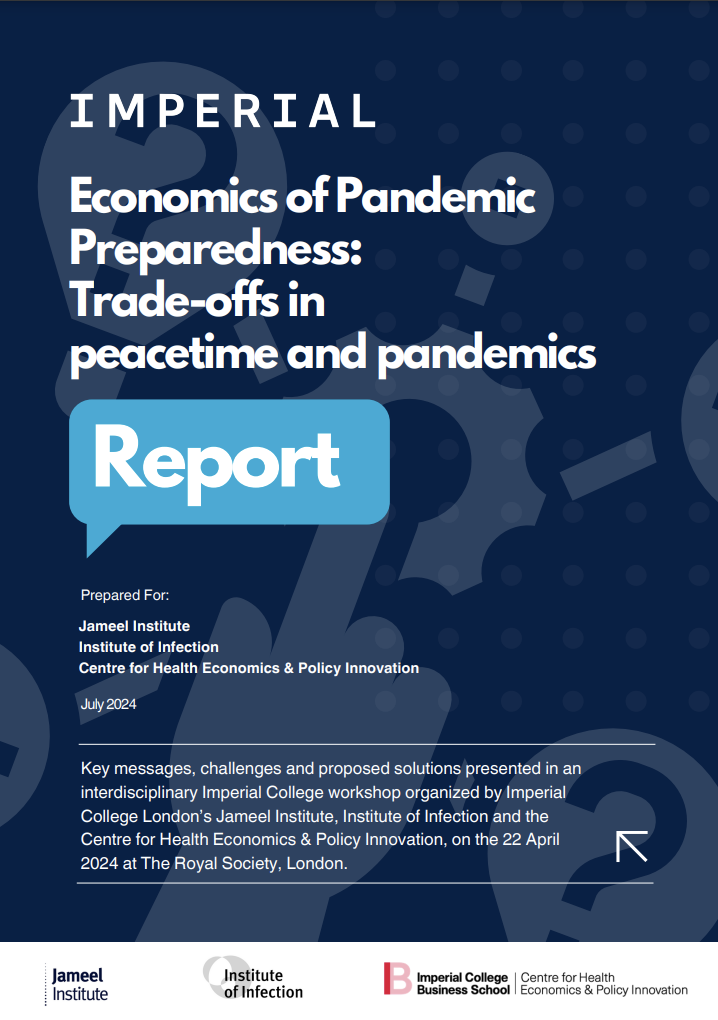Pandemic preparedness: A new report has sounded the alarm on the urgent need to address global disparities and foster interdisciplinary cooperation to effectively prepare for and respond to future pandemics
The research, stemming from a workshop gathering over 130 experts in finance, economics, public health, and related fields, highlights the complex interplay between economic, societal, and health factors in building resilient health systems.
“The most effective way of preventing and preparing for future pandemics is to introduce measures to protect the population against the spread of infectious diseases, not only during a pandemic, but also in ‘peacetime’” – according to the report.

Inadequate investment in pandemic prevention and preparedness persists globally
The report emphasizes that inadequate investment in pandemic prevention and preparedness persists globally. To bridge this gap, experts call for a multi-faceted approach.
This includes:
- Increased financial resources for low-income countries:
- The report highlights the critical need to strengthen healthcare systems in low-income countries, which are often disproportionately affected by pandemics. This could involve increased funding for disease surveillance, stockpile management, and healthcare worker training.
- Strengthening global health governance:
- The COVID-19 pandemic exposed weaknesses in global cooperation and coordination. The report calls for strengthening international organizations like the World Health Organization (WHO) to improve pandemic preparedness and response efforts.
- Fostering collaboration among various experts:
- The report underscores the importance of bringing together economists, epidemiologists, policymakers, and other experts to develop comprehensive pandemic preparedness plans. This interdisciplinary approach can help ensure that policies are both economically sound and effective in protecting public health.
The report underscores the importance of addressing global inequalities in health outcomes. Strengthening healthcare systems worldwide and ensuring equitable access to vaccines, treatments, and other essential resources is essential to mitigating the impact of future pandemics.
The impact of behavioural science
The new report also revealed that behavioural science plays a critical role in pandemic preparedness and response. Understanding how people perceive and respond to health risks can inform the development of effective public health interventions.
As the world continues to grapple with the aftermath of the COVID-19 pandemic, the findings of this report offer valuable insights for policymakers and global health leaders. By prioritizing global equity, fostering collaboration, and investing in robust health systems, countries can better prepare for and respond to future health crises











